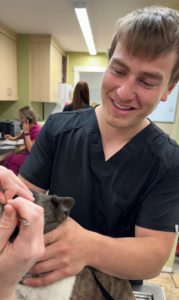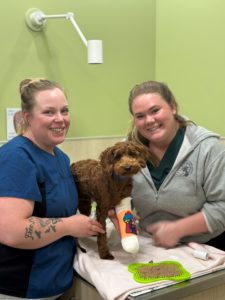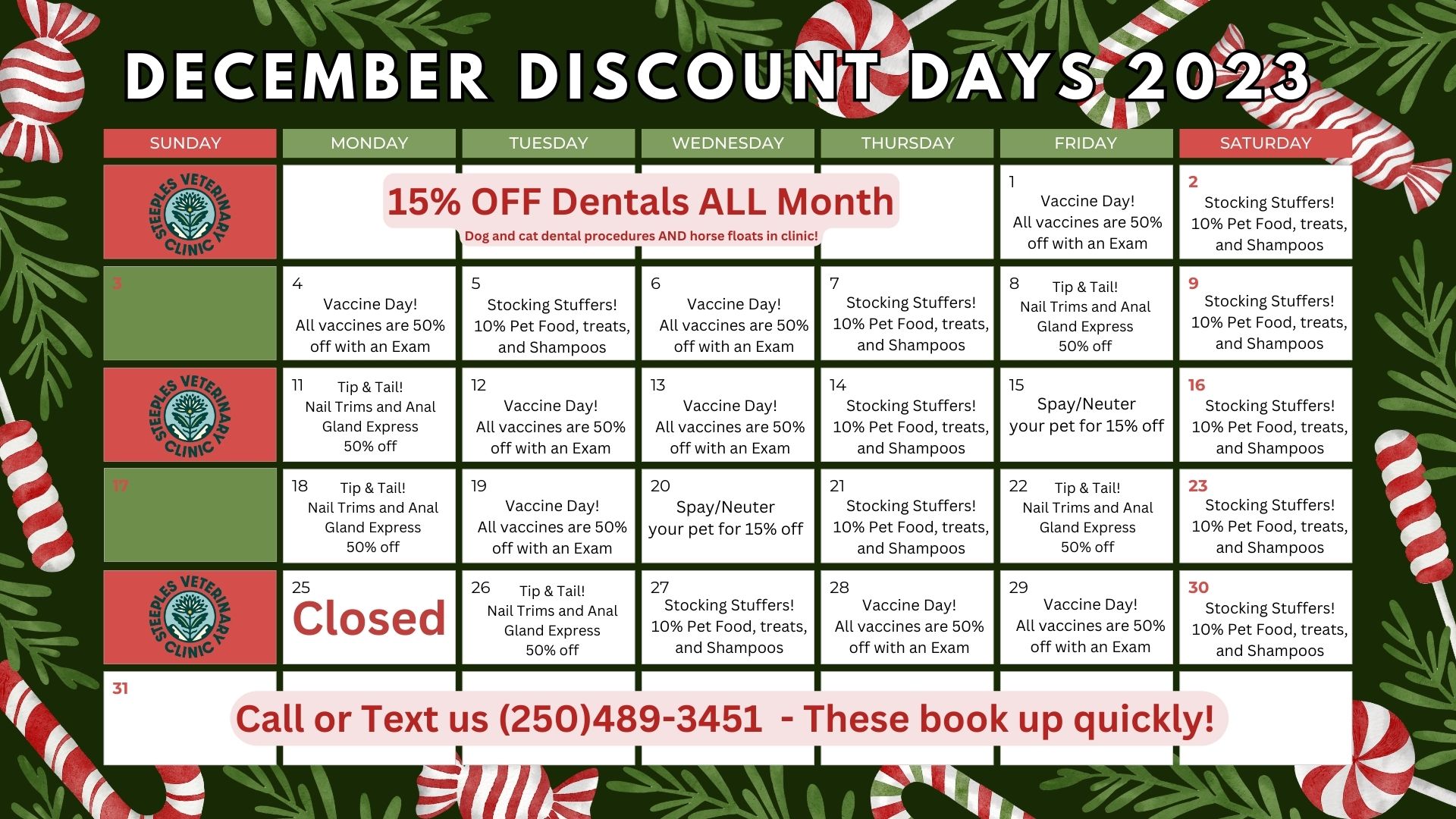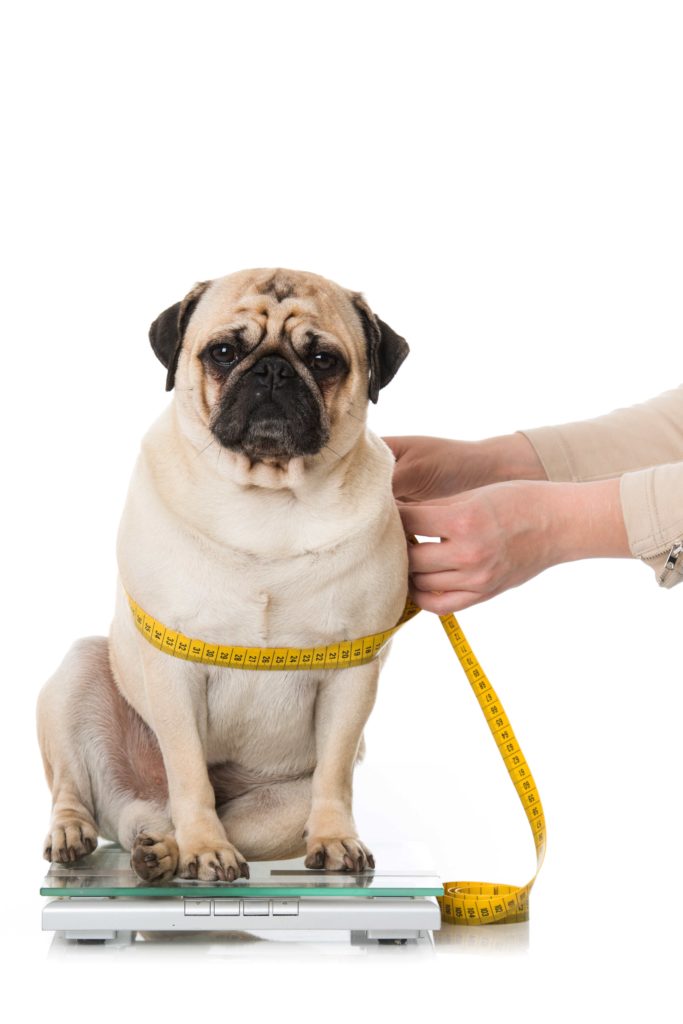The Importance of Preventive Health
Proactive care is the best medicine
Welcome to the June edition of our blog! As we transition into summer, we’re focusing on a topic that’s crucial to the well-being of your beloved pets: Preventive Health. Taking proactive steps in your pet’s health care can lead to a longer, happier life for your pets. This month, we’ll explore various aspects of preventive health and offer tips to keep your pets in top shape.
Key Elements of Preventive Health
Regular Check-Ups
Annual veterinary visits are essential for early detection of potential health issues. During these check-ups, our veterinarians perform thorough physical exams, recommend necessary vaccinations, and discuss any concerns you may have about your pet’s health.
Vaccinations
Vaccinations protect your pets from many serious and contagious diseases. We tailor vaccination schedules based on your pet’s age, lifestyle, and risk factors to ensure optimal protection.
Parasite Prevention
Fleas, ticks, and lice are more than just nuisances—they can cause severe health problems. We provide effective preventive treatments to keep these parasites at bay and to ensure your pet remains parasite-free.
Nutrition and Weight Management
A balanced diet is crucial for maintaining your pet’s overall health. Our team can help you choose the right food and develop a feeding plan that meets your pet’s nutritional needs. Monitoring your pet’s weight is also important, as obesity can lead to various health issues.
Dental Care
Oral health is often overlooked but is a vital part of your pet’s preventive care. Regular dental check-ups and cleanings can prevent periodontal disease, which can lead to more serious health problems.
Behaviour and Training
Proper training and socialization can prevent many behavioural issues. We can provide resources and recommendations to help you train your pet and address any behavioural concerns.
Bonus Tip!
Pet Health Insurance is the BEST choice for preventive care. Insuring your pet means peace of mind and the comfort of knowing that in an emergency, you have the support you need to do what’s best for them. Injury and illness are stressful on the pet – Pet insurance helps reduce the stress on you.
Colin – Veterinary Summer Student
Special Focus: Summer Safety Tips
As the weather warms up, it’s important to take extra precautions to keep your pets safe and healthy:
– Hydration: Always provide fresh water and ensure your pet stays hydrated.
– Heat Protection: Never leave your pet in a parked car and avoid walking during the hottest part of the day.
– Pest Prevention: Summer is peak season for Ticks! Ensure your pet is protected with preventive treatments.
– Safe Travels: If you’re travelling with your pet, make sure they’re comfortable and secure, and bring their health records along.
Nicole (left), Tianna (right), and Scout (middle) – Veterinary Technicians







